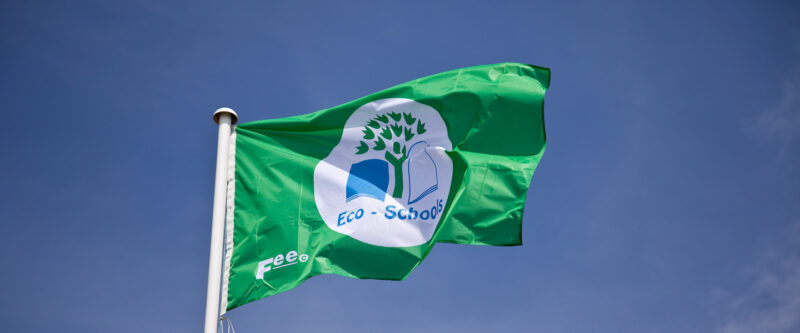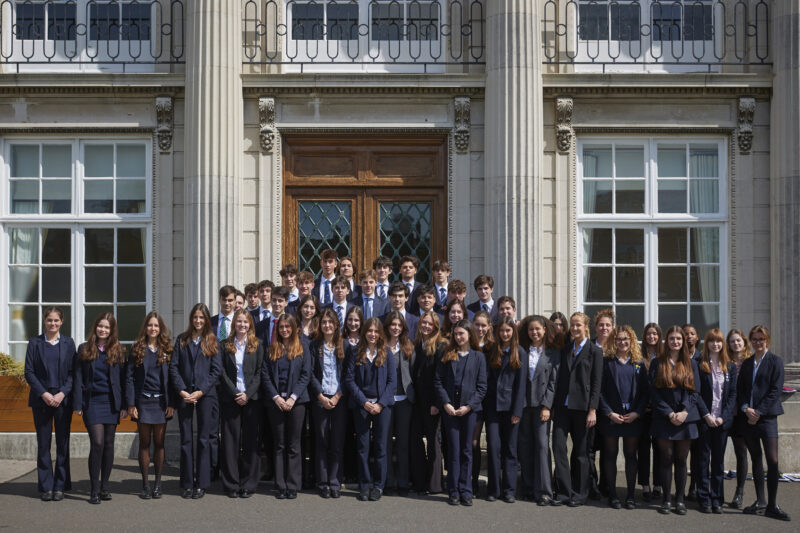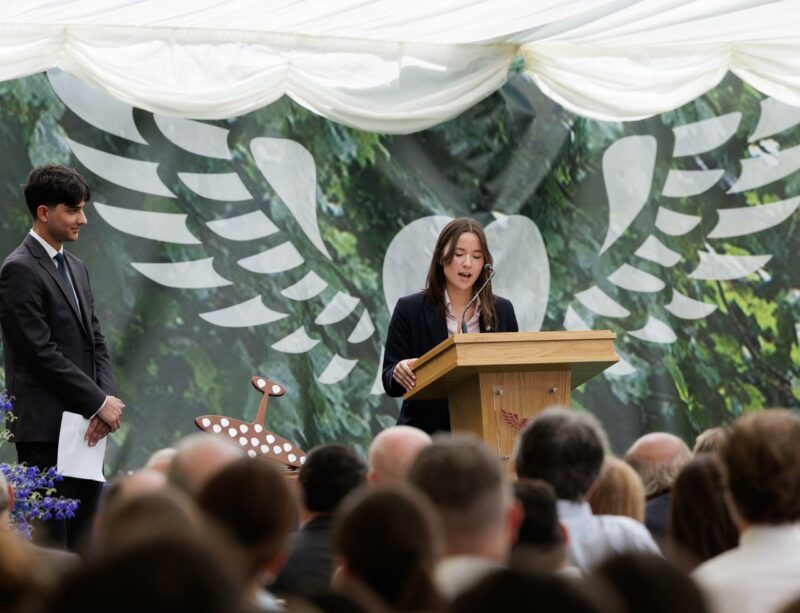This website uses cookies so that we can provide you with the best user experience possible. Cookie information is stored in your browser and performs functions such as recognising you when you return to our website and helping our team to understand which sections of the website you find most interesting and useful.
A place for International Baccalaureate
The A level debacle has re-opened the debate about the future of the sixth form curriculum, and, in particular, the need for breadth. There has been much talk of the introduction of a ‘British Bacc’, taking its inspiration from the international version, the IB, which is now well-established world-wide as an academic qualification which has consistently applied rigorous academic standards for over 30 years.
Haileybury introduced the IB in 1999. We did so confident in the knowledge that the IB enshrines many of the cherished values of British independent, especially boarding, education. It is no coincidence that one of the founding fathers of the IB, Kurt Hahn, had been Headmaster of Gordonstoun.
There can be little doubt that a student who has followed the IB diploma programme is well-educated. He or she will have studied six subjects chosen from across the curriculum; maths, a native language, a further language, a humanity subject and a science are all compulsory. That broad pattern will have been given coherence by the unique ‘theory of knowledge’ course in which requires consideration of fundamental questions about the nature of understanding and truth.
Moreover the IB provides the opportunity to truly distinguish between the able student and the true high-flier. A grade 7, the top IB grade, represents excellence. One Oxford tutor recently wrote in a letter to one of our heads of department that while an A grade at A level was a recommendation for acceptance, it was not in itself sufficient to demonstrate the level of ability required by his college. A top IB grade certainly was, however. Similarly, the Extended Essay, a 4,000-word dissertation required of all IB pupils, demands a degree of originality and independence which is beyond A level. One of our Biology students, for example, studied the impact of pollution on the beaches of Dar-es-Salaam on the diversity of species to be found on them. Many IB courses encourage students to raise the level of their thinking to impressive levels, which, in the English system, were normally associated with courses preparing students for Oxbridge. Historians may be asked to compare dictatorships from across the world. English students read a hugely diverse diet of world literature, and, again, engage in contrasting styles from a variety of literary traditions. How many A level students consider questions such as, ‘How far do you agree that art upsets and science reassures?’ or ‘What constitutes a good explanation?’ which are typical of theory of knowledge essays set by the IB. As the ‘gold standard’ of the A level proves increasingly chimerical, schools with a high proportion of able pupils are looking to the IB to provide challenge.
And yet the IB is not just for the very able. We have had students of a wide range of abilities on our diploma programme at Haileybury; none has failed yet. Students have to be well-organised, but the level of ability needed to obtain a pass mark is very similar to A level. We are convinced that nearly all pupils at Haileybury could tackle the IB with confidence.
Schools like Haileybury exist also to broaden the personalities of our pupils. We have traditionally done so through an extensive programme of extra-curricular activities. The IB, through its ‘Creativity, Activity and Service’ programme, requiring 150 hours over two years, promotes and recognises this aspect of our work. No IB student may qualify for a diploma without fulfilling this requirement. Thus, IB students who may otherwise have remained inactive in the sixth form may take part in community service or theatre or take up a musical instrument. It would be reasonable to expect independent schools to back such a scheme enthusiastically.
Haileybury students have enjoyed considerable success in the IB. The courses have proved straightforward to deliver, and our school was well-placed to deliver the CAS programme. Extremely able and interesting pupils from overseas have been attracted to our school, and have enriched our community. Our home-grown pupils are coming to recognise the worth of the IB. We see no reason to look to a new ‘British Bacc’, which, if past experience is anything to go by, may well be a botched affair. It should certainly be carefully planned over a period longer than political parties are prepared to contemplate.
Suddenly our decision to introduce the IB seems even more prescient.




